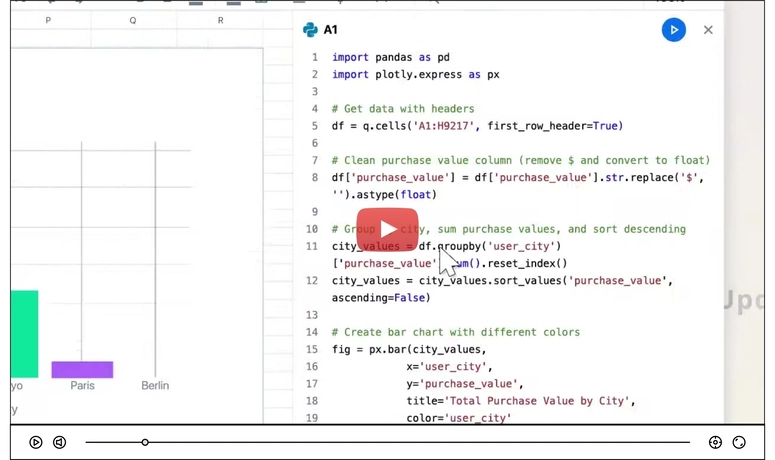Part 1: Reading User Input in a Custom Shell (C Programming)
In this part of my custom shell project, I will explain how to read user input dynamically in C. Handling user input properly is crucial in a shell environment, as commands can vary in length. Instead of using fixed-size buffers, I implemented a dynamic memory allocation approach for better flexibility.
Understanding the read_command Function
The function read_command() is responsible for:
✅ Reading input from the user dynamically
✅ Handling memory allocation & reallocation to avoid buffer overflow
✅ Ensuring proper termination of the input string
Breaking Down the Code
#ifndef READ_COMMAND_H
#define READ_COMMAND_H
#include <stdio.h>
#include <stdlib.h>
#include <string.h>
#define INT_BUFFER_SIZE 32 // Initial buffer size
char *read_command();
#endif
Header Guard (#ifndef READ_COMMAND_H): Prevents multiple inclusions.
Constant Definition (INT_BUFFER_SIZE): Sets an initial buffer size for input storage.
Implementation of read_command()
char *read_command()
{
char *command = malloc(INT_BUFFER_SIZE * sizeof(char));
if (!command)
{
perror("Memory allocation failed");
exit(EXIT_FAILURE);
}
Memory Allocation (malloc): Initially allocates INT_BUFFER_SIZE bytes for storing user input.
Error Handling: If malloc fails, the program prints an error and exits.
int size = INT_BUFFER_SIZE;
int length = 0;
int c;
- size: Keeps track of the current buffer size.
- length: Tracks the actual number of characters read.
- c: Stores the input character retrieved from getchar().
Handling Dynamic Input Growth
while ((c = getchar()) != '\n' && c != EOF)
{
if (length >= (size - 1))
{
size *= 2; // Double the buffer size when needed
char *new_command = realloc(command, (size + 1));
if (!new_command)
{
free(command);
perror("Memory reallocation failed");
exit(EXIT_FAILURE);
}
command = new_command;
}
command[length++] = c;
}
-
Expanding Memory Dynamically (realloc)
- If input exceeds the allocated size, the buffer is doubled (size *= 2).
- realloc attempts to resize the buffer; if it fails, memory is freed, and an error is displayed.
-
Storing Characters
- Each character from getchar() is stored sequentially in command[length++]
Finalizing the Input
command[length] = '\0'; // Null-terminate the string
return command;
Null-Termination (\0): Ensures that the string is properly terminated so it can be processed as a valid C string.
**Returning the Input: **The function returns the dynamically allocated string for further use.
Why This Approach?
📌 Avoids Buffer Overflow: Unlike scanf or gets, this method expands dynamically as needed.
📌 Efficient Memory Management: realloc optimizes memory allocation instead of pre-allocating a large chunk.
📌 Better Flexibility: Can handle long commands without arbitrary limitations.
Next Part: Parsing Command 🚀
In the next part, I will explain how the shell parses user input and executes commands using system functions. Stay tuned! 😊
📂 GitHub: https://github.com/Ertugrulmutlu/shell_of_mine
What do you think about this approach? Would you have handled input differently? Let me know in the comments! 👇




Top comments (0)